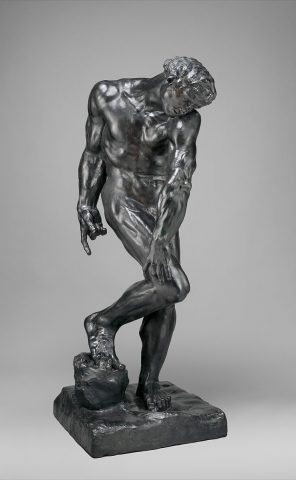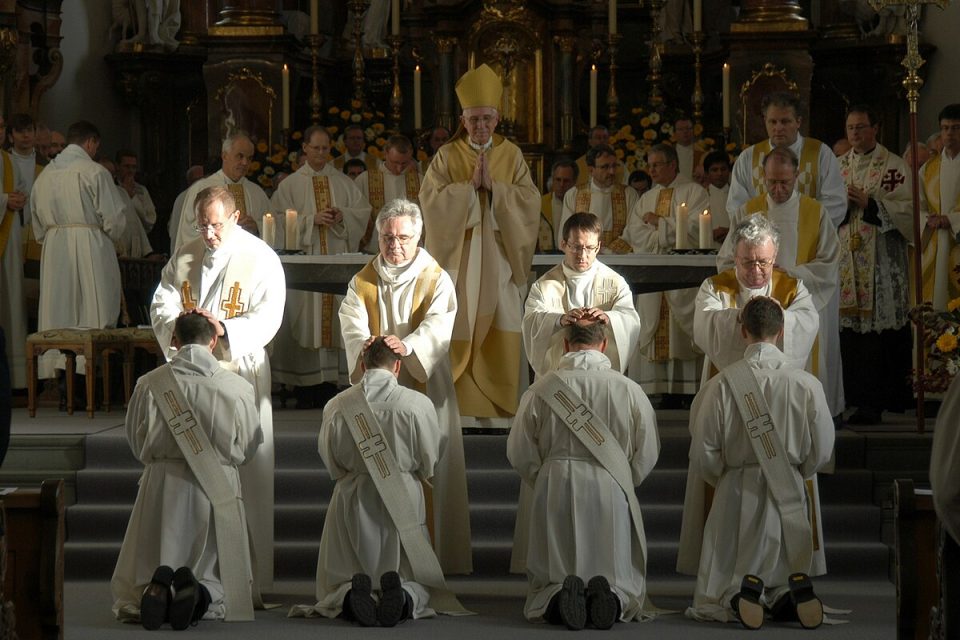Reasoning From Darkness to Darkness, by Anthony Esolen

Msgr. Charles Pope: Be Different, Be a Christian – A Homily for the 7th Sunday of the Year
February 23, 2025
Now Is the Time to Prepare for Lent, by Marge Fenelon
February 26, 2025
Adam by Auguste Rodin, modeled 1880 or 1881, cast 1910 [The MET, New York]
By Anthony Esolen, The Catholic Thing, February 25, 2025
Anthony Esolen is a lecturer, translator, and writer. Among his books are Out of the Ashes: Rebuilding American Culture, and Nostalgia: Going Home in a Homeless World, and most recently The Hundredfold: Songs for the Lord. He is Distinguished Professor at Thales College. Be sure to visit his new website, Word and Song.




